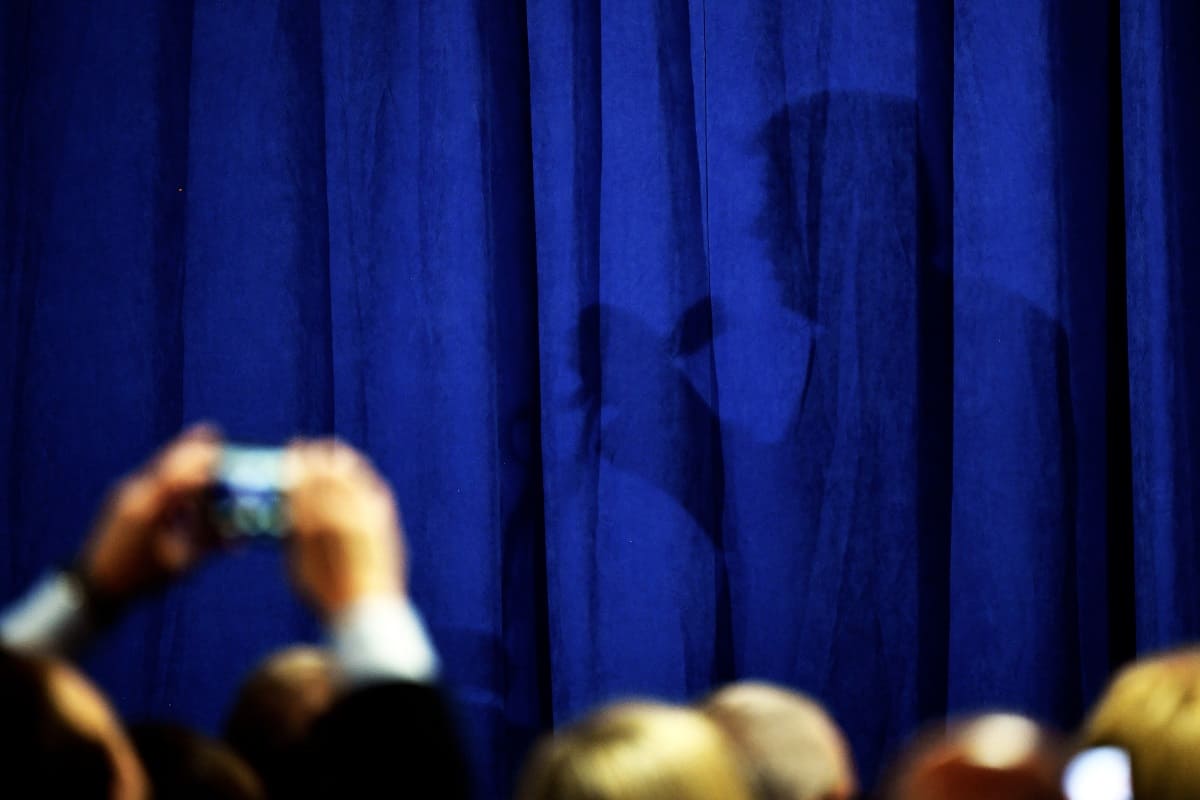The electoral campaign has gathered speed too quickly in Costa Rica. There’s still a year to go and we are already seeing organized presidential debates and discussions in the media about issues that, by the way, already monopolized part of the 2014 campaign. My impression is that both the parties and the media are getting ahead of themselves, but there’s something inevitable about ignoring these early movements
This campaign has surprised the country’s journalists, who are not yet sure how we are going to face, in our context, the elements we have been watching the United States suffer because of the Trump phenomenon. I refer to lies disguised as facts, systemic harassment of the media, and brazen statements that, until recently, would have been reason for political censure.
I also refer to barely veiled alliances with media organizations prepared to play the role of a megaphone, publishing whims that traditional media then replicate because – unfortunately – it increases their readings. I refer to disguised social media profiles that attack political rivals with claims that no one with any sense would dare to put forward with his or her real name and face attached.
The problem is that various Costa Rican politicians, and maybe those of other countries as well, have seen that this formula works. It’s been tested and proved, even in a U.S. political system with strong institutions, powerful parties and media organizations that we thought were superpowers. We can see the results: the impact of a Twitter account in the unrestrained hands of an unscrupulous politician, and the triumph of a strident media organization that seemed so insignificant – Breitbart.
I have been saying that this could not happen in Costa Rica, but the facts – real facts, not alternative facts – have left me looking foolish. We have seen presidential precandidates trying to capitalize on xenophobia, as if anti-immigrant sentiment in Costa Rica is strong enough to turn an entire election.
The director of the State of the Nation program, Jorge Vargas Cullell, says that Costa Rica does not provide any fertile ground for a crazy candidate. There are apt issues for microphone populists, but there is not a climate of sufficient polarization on issues of insecurity, xenophobia or economic exclusion.
His explanation calmed me down – about halfway. But with every day that passes, I see elements being “imported” from the recent U.S. campaign.
We journalists need to think very carefully about how we are going to face these dilemmas as the political campaign matures. In our newsroom over at Semanario Universidad, we’ve been discussing this. The truth is we aren’t sure whether the answer is to put Trump imitators in Costa Rica on display; ignore them; contradict them with rigorous information; or attack them directly before they take power. Nothing guarantees their success. We don’t know the answer, and we don’t know whether we’ll find it.
I hope other colleagues are thinking about this, too, but I am afraid we are not a majority.
Lea esta columna en español aquí.
Álvaro Murillo is an experienced journalist who specializes in political coverage and has written for La Nación, Semanario Universidad and El País.
See also: Costa Rican legislator praises Trump’s tactics as he eyes another presidential bid
Recommended: Make Costa Rica great again?






